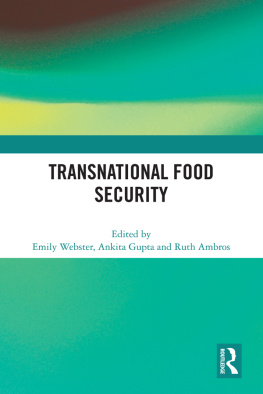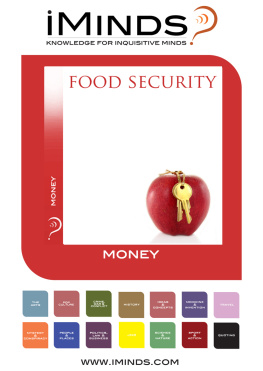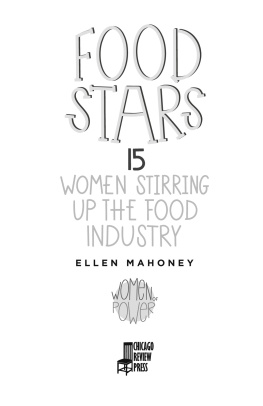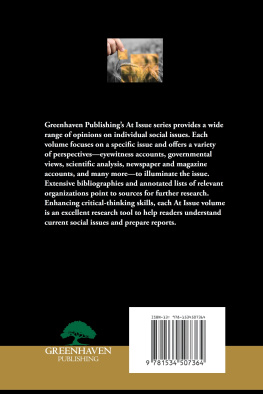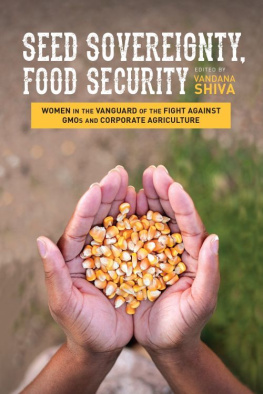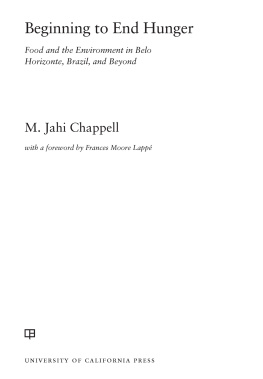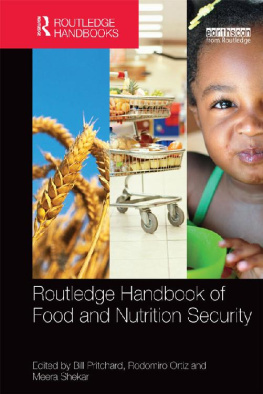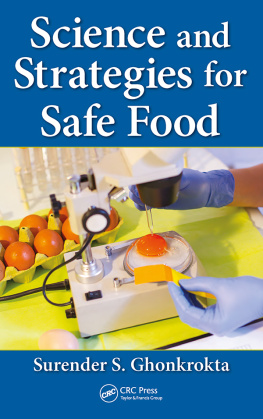Transnational Food Security
Transnational Food Security addresses food security from an international relations, political economy and legal perspective analysing the relationship between food security and the environment and climate change, trade, finance and contracts, and the intersection between food and human rights.
The topic of food concerns one of the most basic and profound aspects of human survival. Universal and equal access to food is, at the same time, ridden with problems of power, inequality, distribution and implicated in old and new geopolitical conflicts. As such, food and food security are central to conditions of poverty and hunger, development and modernization, transitional justice and rule of law reform around the world. As a problem of critique and scholarly inquiry, food prompts an inter-disciplinary assessment of the nature of food security in the modern world. The contributors to this book take us deep into the complexity of food and illustrate the challenges of adequately understanding and approaching questions of food security and food sovereignty in a globally interconnected world.
Transnational Food Security will be of great interest to scholars of international relations, political economy, and transnational law.
The chapters were originally published as a special issue of Transnational Legal Theory Journal.
Emily Webster is a Senior Research Fellow at the Transnational Law Institute at Kings College London, UK, with an LLM in Transnational Law from Kings College London, UK, and an LLB from Bournemouth University, UK.
Ankita Gupta is an Aspiring Lawyer in Toronto, with a JD from Osgoode Hall Law School, Canada, and BBA from the University of Toronto, Canada.
Ruth Ambros is a Mother and Aspiring Lawyer in Toronto, with a JD from Osgoode Hall Law School, Canada, and a BA from the University of Waterloo, Canada.
First published 2020
by Routledge
2 Park Square, Milton Park, Abingdon, Oxon, OX14 4RN
and by Routledge
52 Vanderbilt Avenue, New York, NY 10017
Routledge is an imprint of the Taylor & Francis Group, an informa business
2020 Taylor & Francis
All rights reserved. No part of this book may be reprinted or reproduced or utilised in any form or by any electronic, mechanical, or other means, now known or hereafter invented, including photocopying and recording, or in any information storage or retrieval system, without permission in writing from the publishers.
Trademark notice: Product or corporate names may be trademarks or registered trademarks, and are used only for identification and explanation without intent to infringe.
British Library Cataloguing-in-Publication Data
A catalogue record for this book is available from the British Library
ISBN13: 978-0-367-46564-3
Typeset in Minion Pro
by codeMantra
Publishers Note
The publisher accepts responsibility for any inconsistencies that may have arisen during the conversion of this book from journal articles to book chapters, namely the inclusion of journal terminology.
Disclaimer
Every effort has been made to contact copyright holders for their permission to reprint material in this book. The publishers would be grateful to hear from any copyright holder who is not here acknowledged and will undertake to rectify any errors or omissions in future editions of this book.
The chapters in this book were originally published in Transnational Legal Theory, volume 9, issues 34 (OctoberDecember 2018). When citing this material, please use the original page numbering for each article, as follows:

